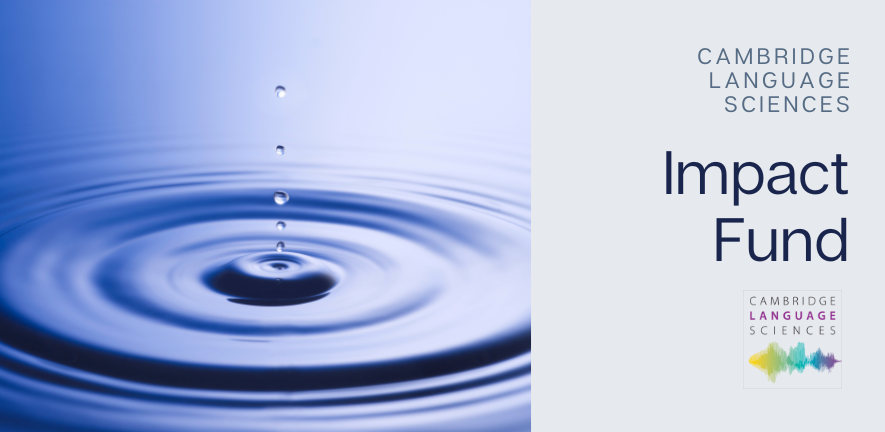
Submitted by Jane Durkin on Thu, 11/05/2023 - 11:47
We are delighted to announce that four projects have been awarded funding through the newly established Language Sciences Impact Fund.
The Fund, which ran for the first time this year, supports impact-related activities in the language sciences.
The aim is to increase engagement with non-academic partners such as health and education practitioners, policy-makers and industry partners.
We would like to congratulate all concerned and thank the reviewers for giving their time to evaluate the proposals.
Funded projects include:
Multicoloured and Melodious Dimensions of the Americas: Music, Colour and Craft Playshop
Dr Joshua Fitzgerald, Junior Research Fellow in History and Art History, Department of Archaeology
This is a collaboration between Cambridge researchers in the Americas Archaeology Group, the Museum of Archaeology and Anthropology and Escuelita Cambridge – a local Community Interest Company (CIC) for Spanish language learners.
Funding will go towards a workshop in Spanish with a focus on Latin American heritage studies.
Materials and workshop instruction will be bilingual as well as including Indigenous language vocabularies.
The workshop will take place in June and is co-convened by CRASSH’s interdisciplinary Multidimensional Dialogues research network.
Advancing Language Education in digital context: An Interdisciplinary Approach to Enhancing Professional Knowledge of Digital Teaching Practice for Language Teachers in China and Beyond
Lan Yanzhen, PhD student, Faculty of Education
This project will support university-based language teachers in China to integrate digital technology more effectively into classes.
The aim is to create a supportive professional community, with an emphasis on collaboration and dialogue for sharing best practice.
Funding will go towards a series of interviews and professional development workshops.
The purpose of the interviews is to identify key challenges that language teachers face. These will then be explored and addressed in a series of follow-up themed workshops.
The workshops aim to enhance language teachers' professional knowledge of digital teaching practices through productive dialogue.
This will include using tools and techniques such as T-SEDA analysis*, hands-on experience with digital tools, and research-based projects.
Language learning in/as religious education
Dr Anastasia Badder, Research Associate, Faculty of Divinity
Funding was offered to support the final event in a series on language learning in/as religious education.
The aim was to reflect on approaches, methods, and next steps in the research and teaching of religious languages.
The workshop brought together researchers and educators working with Arabic, Hebrew, and Sanskrit, among other languages, in and across faith communities around the world.
Key questions included:
• What have we learned about how and why people teach and learn religious languages?
• What do we do with that learning? How does interdisciplinary discussion about such research impact our work as teachers and/or researchers?
Speakers included: Dr Anastasia Badder, Dr Yomna Helmy, Dr Daniel Weiss, and Dr Nick Posegay of Cambridge, and Dr Jo-Ann Myers (Leo Baeck College), Prof Leslie Moore and Dr Artanti Sari (Ohio State University), Adel Mozammel (Quranic school educator and curriculum developer), Prof Bene Bassetti (University of Birmingham), and Prof Sharon Avni (CUNY).
* T-SEDA Collective (2022). Toolkit for Systematic Educational Dialogue Analysis (T-SEDA): A resource for inquiry into practice. v.8b. University of Cambridge
